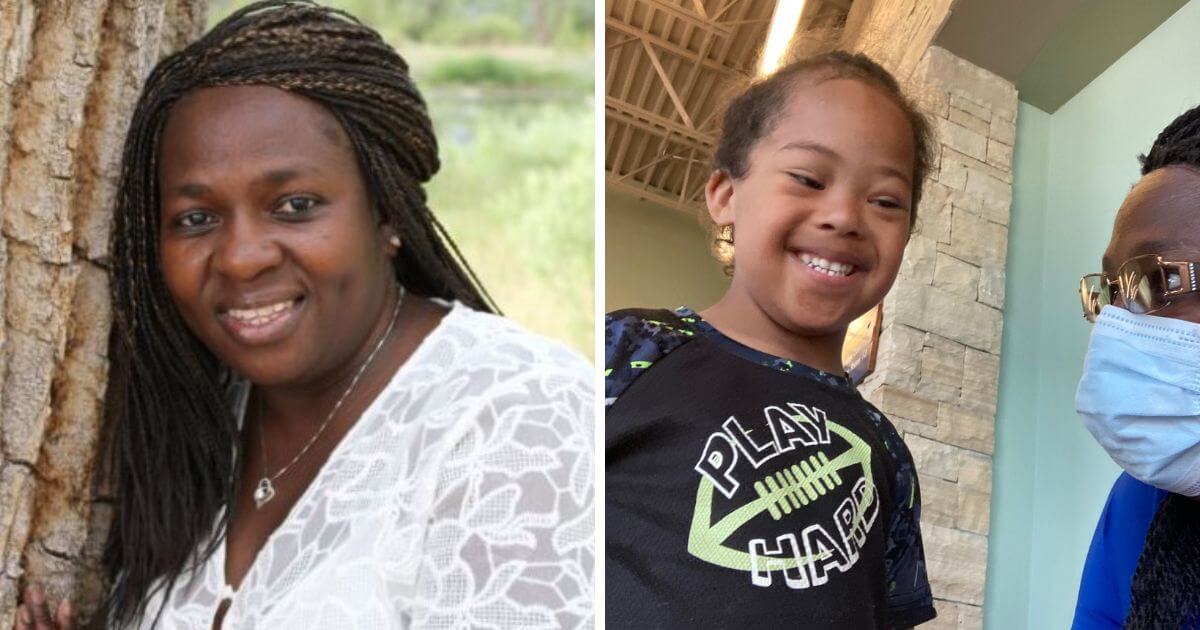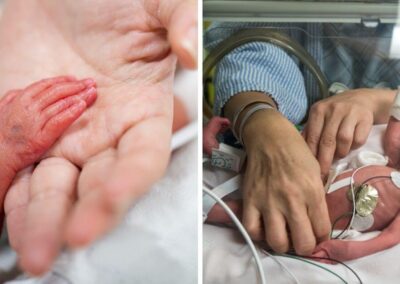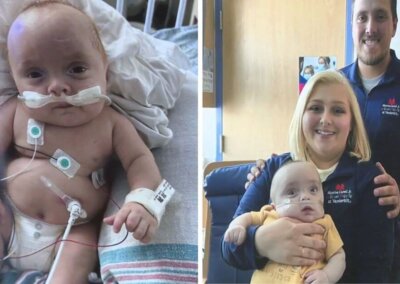A mother, who was offered an abortion after tests suggested her unborn child had Down’s syndrome, is launching a non-profit organisation dedicated to serving families of children with special needs.
Marsha Weigum was told that there was a 99% chance her son would be born with Down’s syndrome and while her immediate response was to ask what this meant for her child’s prenatal care, her doctor’s reply was “you can terminate if you choose”.
For Marsha, termination was not an option, despite her doctor listing aspects of her son’s upbringing that may be challenging, such as his being a slow learner or dependent on family. “[T]he minute she said termination, I didn’t think I wanted to hear much more”, she said. “These children are awesome, they’re innocent children, and now here I am having my own”.
Marsha made it her mission to help other families in a similar situation.
“I was mad with determination”, she said. “It’s this kind of determination … that I’m going to make a difference” she continued.
Marsha explained that she wanted to do something to help mothers in the same situation as her.
“I want the next woman who’s gonna come through here to have something they can refer to…”.
Marsha found that in her state of Colorado the majority of resources and organisations that might have helped her during her pregnancy were available in larger cities such as Denver, but not in smaller communities like the one she lived in.
As a result, Marsha started Our Voice for the Voiceless. She plans to formally launch the organisation and its services in October 2024, with the aim of offering informational materials, courses, counselling, events and a community for parents of special needs children. However, Marsha has been active since the organisation’s inception in 2021, and is already communicating with and educating parents through online communities and local events.
Weigum reported that many of the followers of her online community have spoken of pressure from doctors or family members to abort their children. She shared that some parents have experienced the breakup of their family.
“I’m going to show them that it’s possible”, she said. “I’m going to show them that there’s hope, and we’re going to show them that there is a future”.
“There is so much joy, love and peace that a family, a child who is different brings”
Marsha’s son, Nathan, is now 5 years old, born without any of the heart defects that her doctor had identified as risks in their initial conversation. She acknowledged that the impact of the early conversations can be significant: “I think where it starts is that first information that is given with the diagnosis news. The picture is painted so ugly”.
“I know better”, Weigum said in an interview for KMTS radio in May. “And so it’s not okay for me to know better when there is so much joy, love and peace that a family, a child who is different brings, and for me to remain silent”.
Abortion on the grounds of disability is legal through all nine months of pregnancy in every part of the UK.
The Abortion Act 1967 provides a number of grounds under which abortion is legal. In regard to disability-selective abortion, Section 1(1)(d) of the Act states abortion is legal when:
“There is a substantial risk that if the child were born it would suffer from such physical or mental abnormalities as to be seriously handicapped”.
The phrase “seriously handicapped” is interpreted extremely broadly, and in practice, this is interpreted by doctors to include conditions such as Down’s syndrome, cleft lip/cleft palate or club foot.
In 2021, there were 859 abortions where the baby has been prenatally diagnosed with having Down’s syndrome.
Right to Life UK spokesperson, Catherine Robinson, said “Every human life is precious regardless of age, location or disability. Organisations like Our Voice for the Voiceless can provide crucial support for families who might otherwise feel pressured into abortion”.












